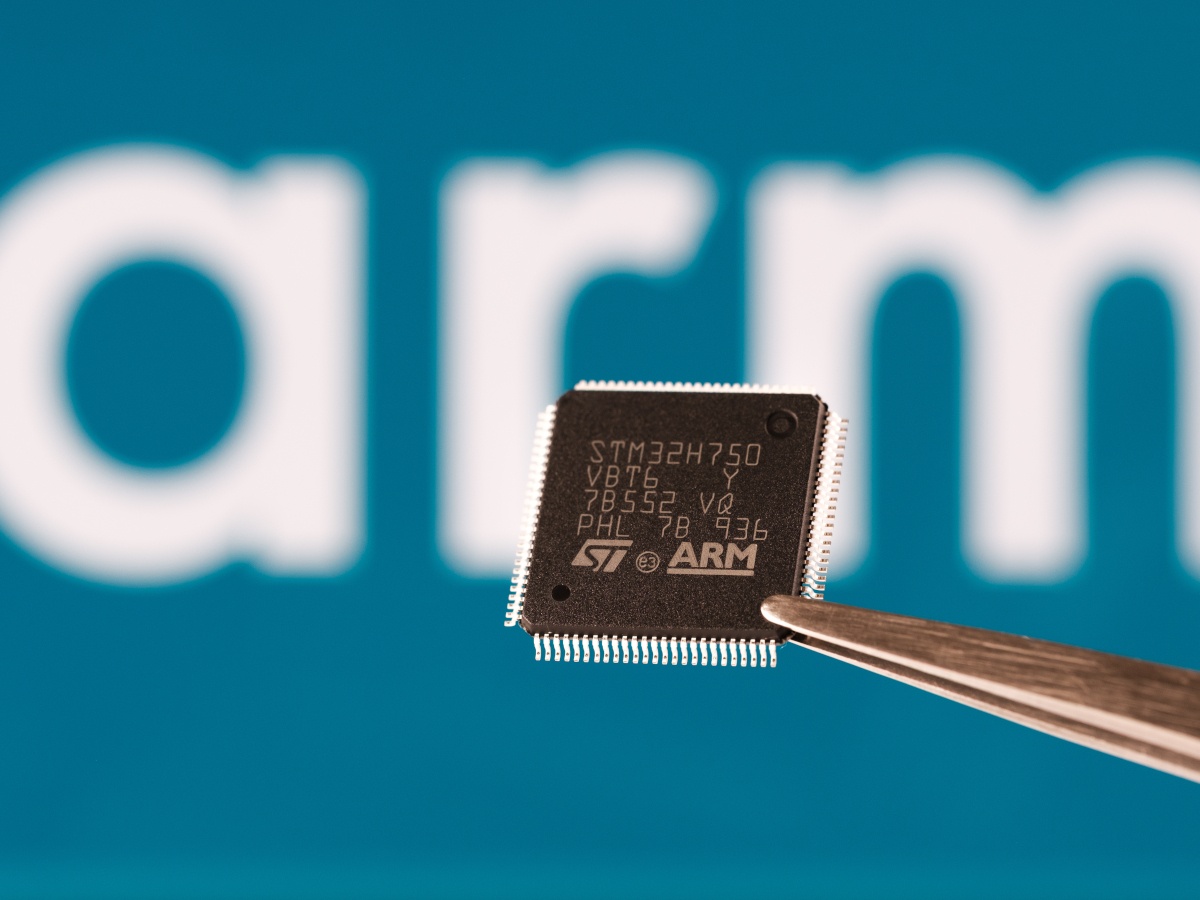Chip-designer Arm has announced its next-generation set of chip designs called Lumex, purpose-built for AI on mobile devices like smart phones and watches.
UK semiconductor company Arm designs the core architecture of semiconductor processors and instruction set for processors, which are licensed by chip giants the likes of Apple and Nvidia. Yesterday it announced Arm Lumex its “most advanced compute subsystem (CSS) platform purpose-built to accelerate AI experiences on flagship smartphones and next-gen PCs”.
“AI is no longer a feature, it’s the foundation of next-generation mobile and consumer technology,” said Arm SVP Chris Bergey who leads the chip designer’s client line of business. “Users now expect real-time assistance, seamless communication, or personalised content that is instant, private, and available on device, without compromise. Meeting these expectations requires more than incremental upgrades, it demands a step change that brings performance, privacy and efficiency together in a scalable way.”
“Partners can choose exactly how they build Lumex into their SoC (system on a chip) – they can take the platform as delivered and leverage cutting-edge physical implementations tailored to their needs, reaping time to market and time to performance benefits,” said Bergey. “Alternatively, partners can configure the platform RTL for their targeted tiers and harden the cores themselves.”
The new Lumex name was mooted back in May when it said it was introducing a simplified product naming architecture “to better communicate these platforms to the outside world”, with each compute platform having a clear identity for the respective end market:
Arm Neoverse for infrastructure
Arm Niva for PC
Arm Lumex for mobile
Arm Zena for automotive
Arm Orbis for IoT
The Mali brand to continue for GPUs
We will be Chip building
The developments come at a time when the majority SoftBank-owned Arm is believed to be planning to build its own chips, with Amazon’s artificial intelligence (AI) chip director Rami Sinno the latest recruit to boost this ambition.
Sinno, in his role as director of engineering at Amazon-owned Annapurna Labs, played a large part in the development of Amazon’s AI chips Trainium and Inferentia. Prior to joining Amazon’s homegrown chip operation, Sinno had held leadership positions in Arm’s engineering team for more than five years until 2019.
The company has had its sights set on its own in-house manufacturing for a while now, with reports indicating as much as far back as January. In February, sources told Reuters that the company had begun hiring from its own customers and competing with them for deals as part of its plan to sell its own chips.
Don’t miss out on the knowledge you need to succeed. Sign up for the Daily Brief, Silicon Republic’s digest of need-to-know sci-tech news.

